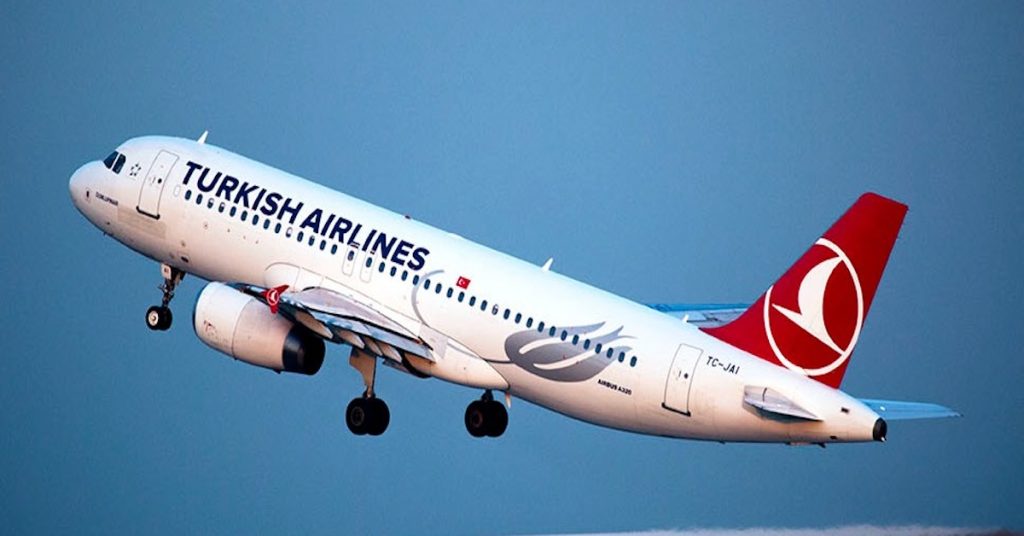Turkish Airlines has notably increased its international flight capacity in the post-pandemic period, defying global trends.
In 2023, Turkish Airlines set a record by transporting 83.4 million passengers, showing substantial growth both domestically and internationally.
Turkish Airlines’ decision to increase its international capacity by 27% over four years is a significant strategic move. While many airlines have struggled to return to pre-pandemic levels of operation, this carrier has notably outpaced the industry norm. Global international airline capacity was reportedly 12% lower than 2019 figures as of last year, according to Iata. This highlights Turkish Airlines’ exceptional growth trajectory and commitment to expansion.
According to a statement by the airline, the company has heavily invested in enhancing its capacity and infrastructure. This bold strategy was adopted during challenging times marked by the pandemic and geopolitical tensions. Yet, it has proven to be effective, allowing the airline to maintain robust passenger numbers.
Increased fleet size also suggests enhanced capacity for international flights, further boosting the airline’s global footprint. The augmentation of the fleet is expected to support Turkish Airlines in offering a premium experience and maintaining its service quality across its network.
Such investments underscore the airline’s strategy to provide top-tier facilities and services both on the ground and in the air. This focus on infrastructure not only aids in operational efficiency but also enhances passenger satisfaction.
The airline’s proactive measures have enabled it to remain competitive, maintaining growth trajectories and adapting to market demands. This adaptability is crucial for the airline’s continued success in the dynamic aviation landscape.
Future prospects seem promising as the airline continues to innovate and invest in future technologies and services. Such initiatives will likely strengthen its market position and appeal to a broader range of passengers.
Turkish Airlines exemplifies how strategic planning and investment can lead to sustained growth and success. With a focus on capacity enhancement, fleet expansion, and infrastructure development, the airline is likely to maintain its trajectory of growth in the coming years.
In summary, Turkish Airlines has successfully leveraged strategic investments and a strong operational framework to achieve significant post-pandemic growth.
The airline is poised to continue its expansion, driven by ambitious plans and a commitment to maintaining a leading position in the industry.

